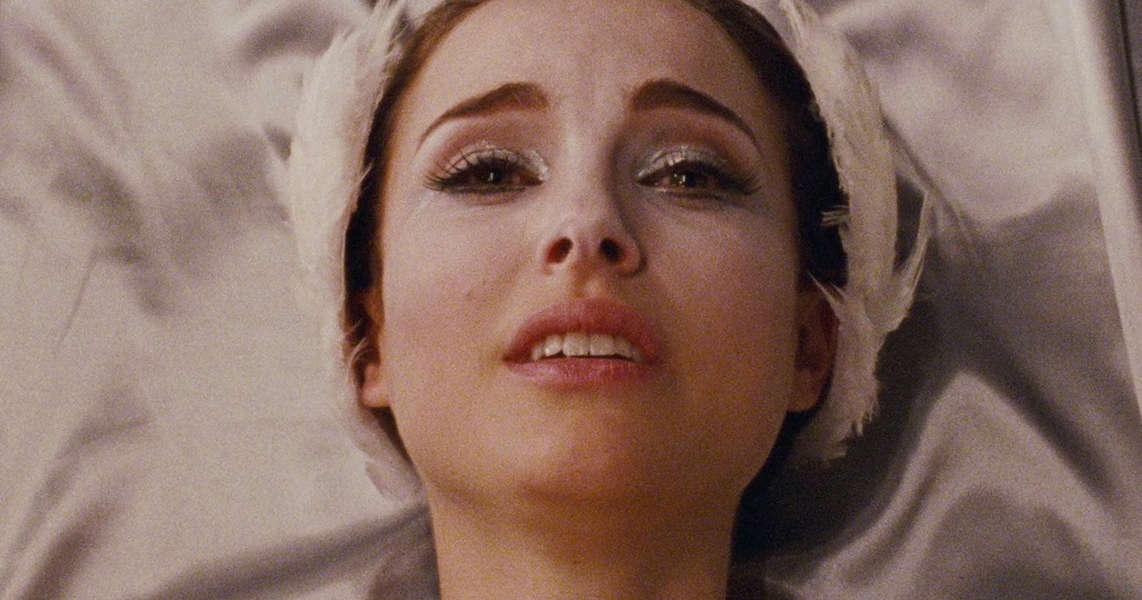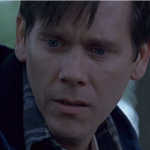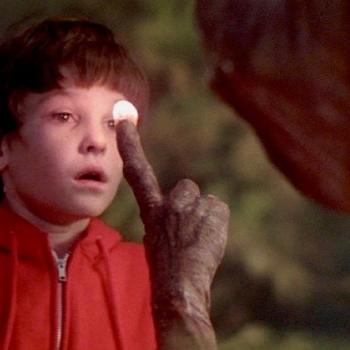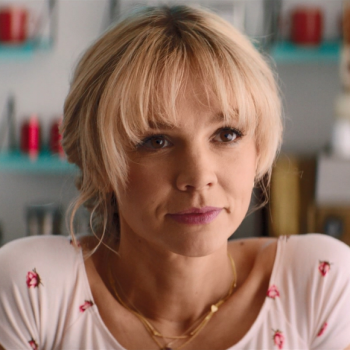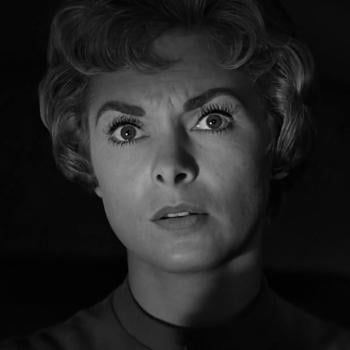
I grew up in a household that did not watch R-rated films.
This practice, while not an explicit decree, did stem in large part from the expectations of our faith. Part of keeping one’s self pure meant not intaking media that offended the holy spirit. For many of my faith (though I dare not estimate exactly how many), an R-rating signals a film unacceptable. I adhered to this guideline all the way through my early years of college.
I came to a roadblock when I first felt the pull to study film formally. It became clear that I couldn’t just avoid 57% of all films. When push came to shove, I chose to try to walk the line and engage with R-rated films while still holding on to my faith. Thus far, I’ve managed to do fine. But there’s still a lurking insecurity when I’m sitting through something like Darren Arronofsky’s 2010 film, Black Swan.

The film follows Nina (played by Natalie Portman in her Oscar-winning role), a wide-eyed ballerina whose plie breaks your heart with its unassuming fragility. After years in the ensemble, Nina finally gets the opportunity to headline her company’s upcoming “Swan Lake” performance. But there’s a caveat. The lead performer dances both the innocent White Swan and the seductive Black Swan. The White Swan comes naturally to Nina, but she simply lacks the inner darkness to convincingly play her malevolent counterpart.
Desperate to not lose her chance, Nina chases her inner darkness obsessively, even trying to create it when necessary. This internal metamorphosis takes its toll on Nina’s psyche as she becomes more mentally unhinged, even hallucinating. When opening night comes, Nina gives the performance of a lifetime. Literally, she performs through a life-threatening injury. As the applause roars, Nina muses about how she finally gave a perfect performance as she blacks out and presumably dies.
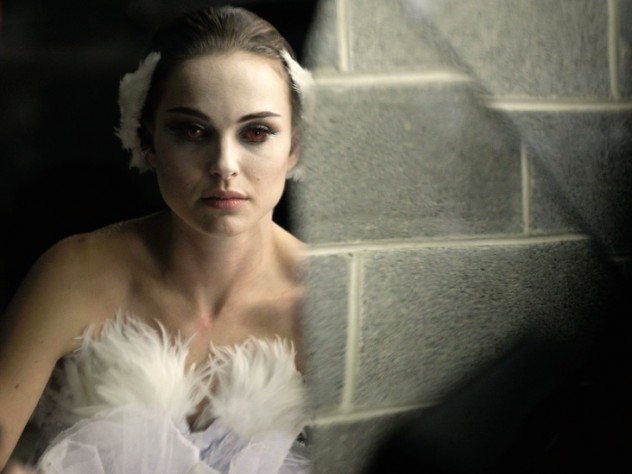
“Black Swan” is exactly the kind of film that would have been blocked to me once upon a time. Nina accesses her inner darkness by subjecting herself to the very things that once upon a time made a film beyond consideration: explicit language, violent imagery, and overtly sexual material. And so the film strikes a unique nerve for me. As I behold the delicate craftsmanship of the film, I see myself in Nina mutilating her soul in the name of perfection. I can’t help but wonder whether this betrayal of my old standards is poisoning my own psyche, like I’m on stage with Nina as my life force slowly bleeds out. Watching R-rated films hasn’t cost me my faith yet, but Nina also didn’t notice the glass shard in her abdomen until it’s too late.
Living in a fallen world is dangerous for the heaven-bound individual. In order to engage with it, we have to acknowledge our own inner darkness. No one can hold onto their innocence for long in this world. Accepting that much is easy, but can we catch ourselves before our darkness eats us from the inside?
